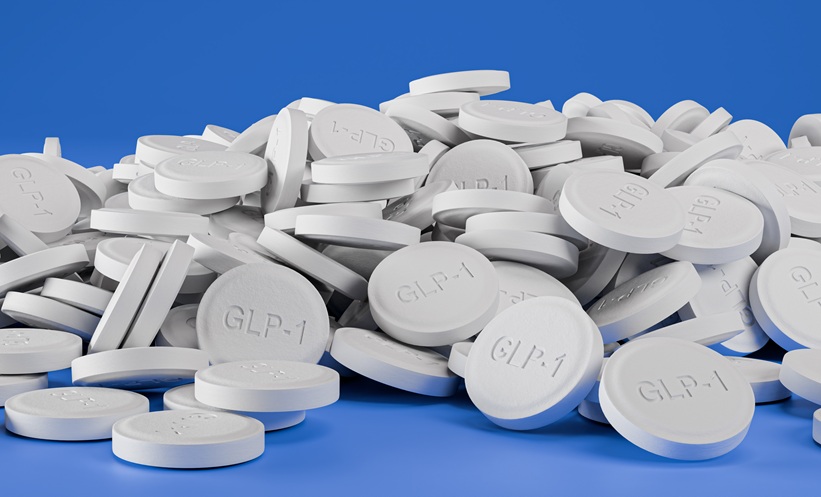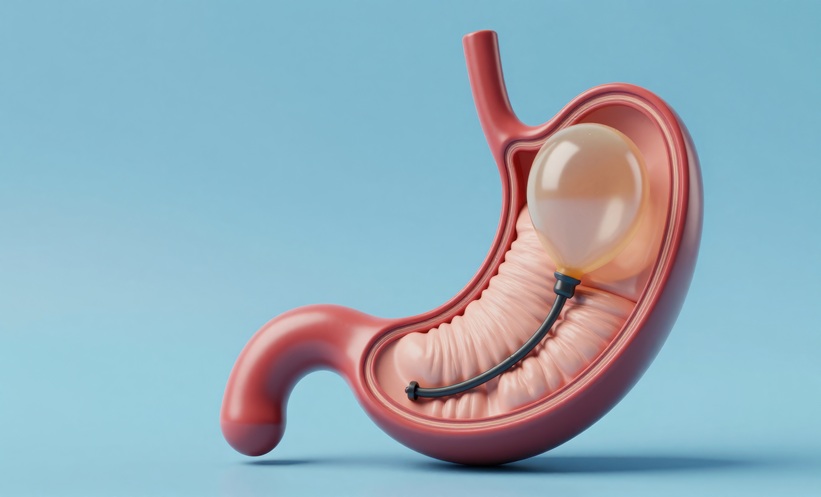PREGNANCY imposes significant metabolic and endocrine demands, making conditions like gestational thyroid dysfunction and gestational diabetes particularly common and sometimes overlapping. Although thyroid hormones are known to influence glucose metabolism, the degree and clinical significance of this relationship during pregnancy have remained unclear. In a recent large-scale meta-analysis pooling individual-level data from over 63,000 pregnancies, researchers have clarified the association between maternal thyroid function and risk of gestational diabetes, with one key finding: isolated hypothyroxinaemia during pregnancy increases the likelihood of developing gestational diabetes by over 50%.
The study involved a systematic review and individual participant data meta-analysis, drawing on 25 cohorts globally. Data sources included published literature searches up to December 2024, as well as unpublished datasets identified through open invitations to join the Consortium on Thyroid and Pregnancy. Only singleton pregnancies without prior thyroid or glucose disorders, or factors that could confound hormone levels, were included. Researchers assessed a range of thyroid function markers, including TSH, FT4, FT3, thyroid antibodies, and defined thyroid disease states. Multivariable regression models adjusted for potential confounders such as age, BMI, ethnicity, smoking status, parity, and gestational age at sampling.
Of the 52,632 pregnancies with full thyroid antibody data, 3.2% had subclinical hypothyroidism, 2.2% had isolated hypothyroxinaemia, and 4.7% developed gestational diabetes. Compared with euthyroid pregnancies, those with isolated hypothyroxinaemia had a significantly increased risk of gestational diabetes (absolute risk 6.5% vs 3.5%; adjusted odds ratio 1.52; 95% CI: 1.17–1.98; p=0.0017). Additionally, lower FT4 levels and higher FT3 or FT3-to-FT4 ratios were independently associated with greater risk. No significant associations were found for TSH levels, thyroid autoantibodies, or subclinical hypothyroidism.
These findings suggest that specific thyroid hormone patterns, particularly isolated hypothyroxinaemia and low FT4, are relevant risk factors for gestational diabetes, whereas traditionally emphasised indicators such as subclinical hypothyroidism may be less clinically informative. Implications for practice include more targeted monitoring and potential re-evaluation of levothyroxine treatment thresholds in pregnancy. However, the observational design, heterogeneity in GDM definitions, and possible publication bias for some variables limit generalisability. Future interventional studies will be needed to determine whether modifying thyroid hormone levels could improve glucose outcomes during pregnancy.
Reference
Osinga JAJ et al. Association of gestational thyroid function and thyroid autoimmunity with gestational diabetes: a systematic review and individual participant meta-analysis. Lancet Diabetes Endocrinol. 2025;13(8):651-61.








